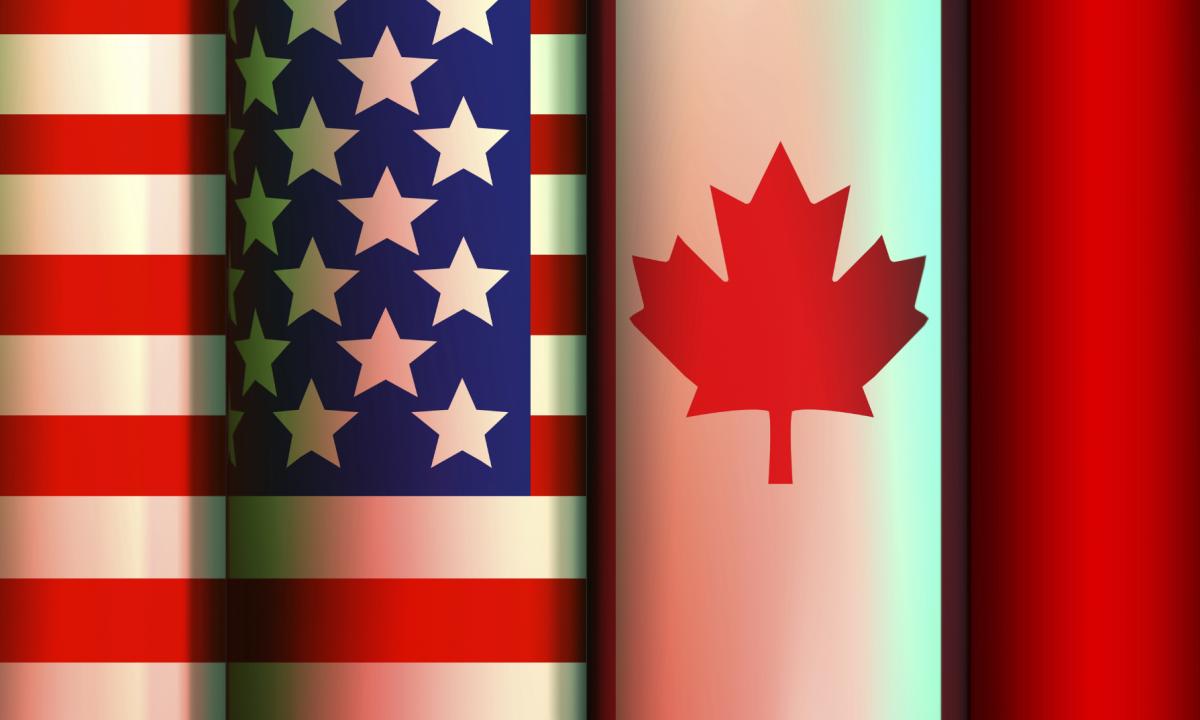NMPF Continues Challenge to Discriminatory Canadian Dairy Policies
January 11, 2017
Working in concert with members of Congress and state officials, NMPF continues to battle Canadian efforts to both push U.S. dairy imports out of that market, and give Canada an unfair export advantage for its dairy products in global markets.
 Throughout 2016, NMPF made the case in Washington and in key dairy states that Canada’s two-pronged approach to revising its dairy pricing policy is expressly intended to thwart U.S. trade. First, the provincial Ontario government is providing incentives to Canadian processors to encourage their use of only domestic dairy ingredients, in lieu of imported U.S. ultrafiltered milk. This effort is aimed at slashing the sales of dairy ingredients across the border, which have become a key U.S. export in the past five years. Making matters worse, the provincial pricing strategy may become a national system in Canada in the near future.
Throughout 2016, NMPF made the case in Washington and in key dairy states that Canada’s two-pronged approach to revising its dairy pricing policy is expressly intended to thwart U.S. trade. First, the provincial Ontario government is providing incentives to Canadian processors to encourage their use of only domestic dairy ingredients, in lieu of imported U.S. ultrafiltered milk. This effort is aimed at slashing the sales of dairy ingredients across the border, which have become a key U.S. export in the past five years. Making matters worse, the provincial pricing strategy may become a national system in Canada in the near future.
As part of this new attempt to prevent imports, Canada is also planning to use its revamped pricing policies to offload large new quantities of milk solids onto global markets, thereby violating Canada’s export subsidy commitments and turning a bilateral trade problem into a global challenge for the U.S. dairy industry. This product-dumping strategy will apply to the manufacture of skim and whole milk powders, milk protein concentrates, and ultrafiltered milk. The Canadian measures pending adoption are intended to incentivize the use of Canadian ingredients in place of similar dairy ingredients from the United States, European Union and Oceania, while disposing of excess milk solids in other international markets the United States relies upon.
This week, NMPF raised the issue with President-elect Trump and his team of trade policy appointees, urging the incoming administration to treat the Canadian situation as an urgent matter. In its Jan. 11 letter, sent jointly with the International Dairy Foods Association, U.S. Dairy Export Council and the National Association of State Departments of Agriculture, the associations noted that “Canada’s flouting of its trade obligations is unacceptable. It is clear that these policies were implemented to intentionally block imports from the United States and are therefore in direct violation of Canada’s trade commitments.” National Milk said the Canadian dairy issue should be reviewed as part of the Trump Administration’s careful scrutiny of potential abuses of free trade agreements such as NAFTA.
NMPF, which first elevated the profile of the trade dispute, continues to coordinate closely with state and congressional lawmakers, as reflected in recent public comments reiterating the harm of the Canadian approach to America’s dairy farmers. Last month, Gov. Scott Walker (R-WI) added to his earlier statements on the topic by mentioning his concerns on Canadian dairy trade protectionism in a Dec. 20 letter to President-elect Trump. Walker indicated that the effort to restrict U.S. milk exports may be a violation of Canada’s trade commitments.
Also in December, Sen. Charles Schumer (D-NY) reinforced his long-standing criticism of Canada’s actions in a meeting with Canada’s Consul and Ambassador, strongly urging Canadian authorities to reverse plans to implement protectionist trade policies.
According to NMPF President and CEO Jim Mulhern, National Milk “has developed a strategy, working with industry and state and federal officials, to reject Canada’s actions, and prevent the damage that would result through the adoption of its new pricing system. We also want to address the fragile trade relationship that existing Canadian policies have already harmed.” Mulhern said that if Canada stays on its current path, “we will propose retaliation against such a clear-cut violation of the market access they’re agreed to in the past.”






